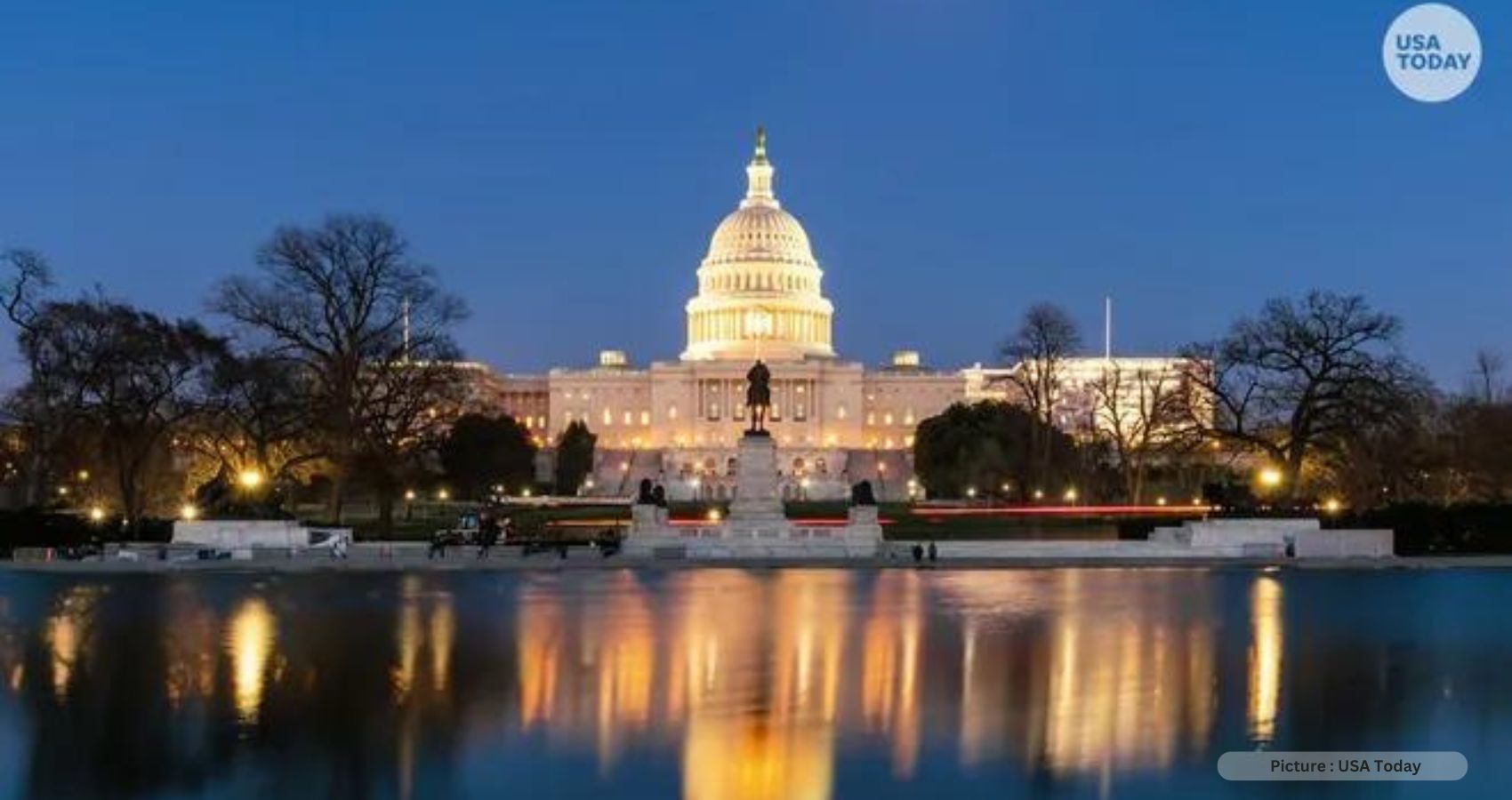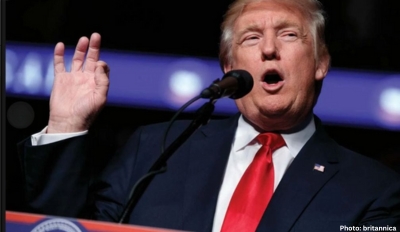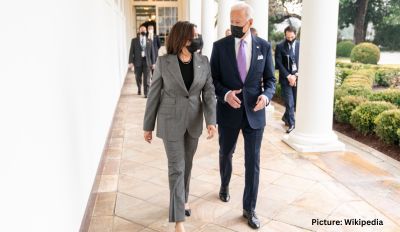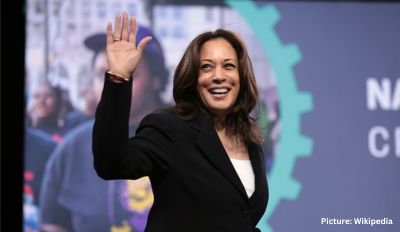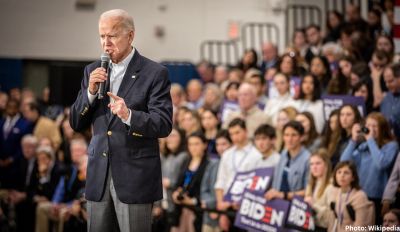In a dramatic twist of events, both the House and Senate successfully passed a measure on Saturday, ensuring that government funding remains in place until mid-November. This timely bipartisan effort materialized after months of fruitless negotiations within a divided Congress, leading many in Washington to brace themselves for an imminent government shutdown.
Had a bill not been passed by midnight, it would have marked the fourth government shutdown in the past decade. This would have dire consequences, affecting hundreds of thousands of federal workers and government contractors who would have been left without pay until a resolution was reached. However, as Saturday afternoon progressed, it became evident that both sides were diligently working towards a compromise to avert this crisis. Republican House Speaker Kevin McCarthy, despite facing resistance from the far-right faction of his party, made a surprising move by introducing a clean stopgap bill. He understood that the bill could only pass with substantial support from Democratic members of the House.
In McCarthy’s words, “It’s alright if Republicans and Democrats join together to do what is right. If somebody wants to make a motion against me, bring it. There has to be an adult in the room.” This measure extended government funding for approximately 45 days and included a $16 billion allocation for disaster relief. Notably, it lacked funding for Ukraine, which had faced opposition from many far-right Republicans. Furthermore, it did not incorporate border security provisions, which had been a priority for many House Republicans. Lawmakers pledged to address both of these issues through separate initiatives.
The swift and suspenseful developments on Capitol Hill on Saturday showcased the precarious position of the functioning federal government. Shortly after passing the House, the Senate also approved the measure with a vote of 88 to 9, forwarding the bill to President Joe Biden, who is expected to sign it before the midnight deadline.
This strategic move appeared to be McCarthy’s last-ditch effort to demonstrate that Republicans were committed to keeping the government operational after their initial attempts to pass their own stopgap bill had failed on Friday. However, it also exposed McCarthy to political risks, as he grapples with ongoing threats from the far-right wing of his party, who have vowed to remove him from the speakership if he collaborates with Democrats on funding. In essence, McCarthy decided to take a gamble on his political future in order to ensure the uninterrupted operation of federal agencies.
With House Republicans facing the challenge of governing with a slim five-seat majority, McCarthy’s leadership is most directly threatened by Florida Rep. Matt Gaetz and at least four other conservative hardliners. Gaetz remarked, “I’ve said that whether or not Kevin McCarthy faces a motion to vacate is entirely within his control because all he had to do was comply with the agreement that he made with us in January. Putting this bill on the floor and passing it with Democrats would be such an obvious, blatant, and clear violation of that. We would have to deal with it.”
Before the vote, House Republican leadership expressed a sense of inevitability, asserting that they had explored all other options. Dissident conservatives had previously derailed an earlier plan, leaving them with little choice but to pass a bill extending funding at the current annual rate of $1.6 trillion through November 17th. This closely aligned with the Senate’s approach, except for the absence of emergency funds worth $6 billion for Ukraine.
The decision to temporarily exclude Ukraine aid represents a significant setback for the White House and President Volodymyr Zelensky. Zelensky had met with President Biden just a week earlier and had urgently requested new weapons systems, including F-16 fighter jets and longer-range ATACMS missiles. The White House had requested $20.6 billion from Congress to support Ukraine in its ongoing conflict with Russia. A House Democrat revealed that Senate Democrats would initiate efforts to secure supplementary funding for Ukraine as early as the following week.
Rep. Mike Quigley of Illinois, the sole House Democrat to vote against the short-term measure, cited the absence of Ukraine funding as his reason, stating, “Putin is celebrating. We’ve got 45 days to fix it.” House Democratic leadership emphasized that Ukraine funding remained a top priority, asserting that they expected McCarthy to advance a bill supporting Ukraine for an up-or-down vote when the House reconvened.
McCarthy’s decision to advance the legislation on Saturday marked a significant departure for the Speaker, who had spent months attempting to appease a dissident faction within his party. Despite offering spending bills with substantial cuts and additional restrictions on migrants, he had failed to secure the necessary support from within his caucus. McCarthy expressed his frustration earlier on Saturday, remarking, “I have tried for eight months…I couldn’t get 218 Republicans.”
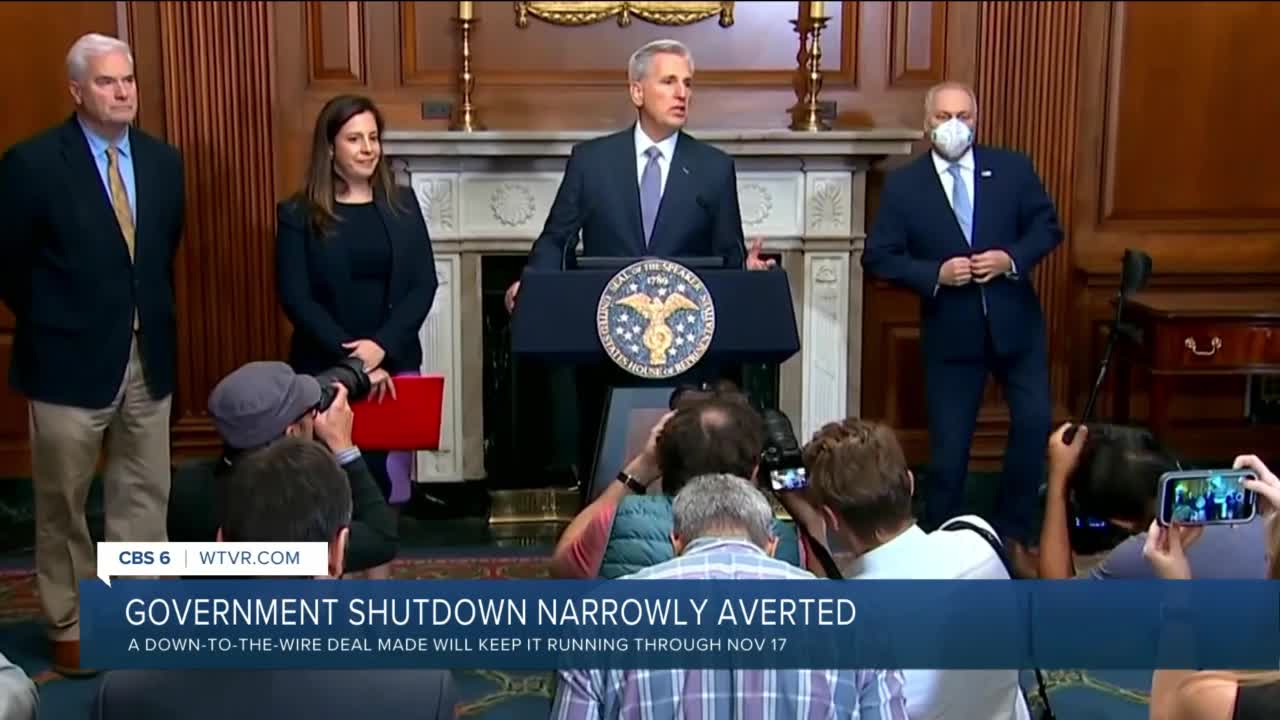
Rep. Steve Scalise, a Louisiana Republican and the majority leader, declared that his party would recommence the appropriations process on Monday. They would continue advocating for border security restrictions and spending cuts until the November 17th deadline. Scalise emphasized, “Believe me, this is not the end. This is the beginning of our continued fight to secure our border, to get government spending under control, and to get our economy back on track.”
The drama on Saturday extended to the Democratic side when Rep. Jamaal Bowman of New York inadvertently triggered a fire alarm in one of the Capitol office buildings. This prompted a building-wide evacuation at a critical moment when House GOP leadership was scrambling to pass the bill and Democrats were requesting more time to comprehend its contents. Bowman later clarified that it was a mistake, and he was hurrying to secure votes. However, Republican leadership has called for an ethics investigation into the incident, alleging that it was an attempt to delay the vote. Republican Rep. Nicole Malliotakis, also from New York, drafted a resolution to expel Bowman from Congress over the incident.
The passage of this legislation on Saturday concluded a nerve-wracking week in Washington, during which federal agencies prepared for a government shutdown that many believed was imminent. Essential workers, including the armed forces, air traffic controllers, and airport security personnel, faced the grim prospect of working without pay until the standoff was resolved.
While Congress successfully avoided an immediate shutdown, they have essentially deferred their problems to mid-November, when the latest legislation is set to expire. Congress has yet to make significant progress on the 12 annual appropriations bills that fund several federal agencies, raising the possibility that a shutdown could still occur, potentially during the Thanksgiving holiday period.

